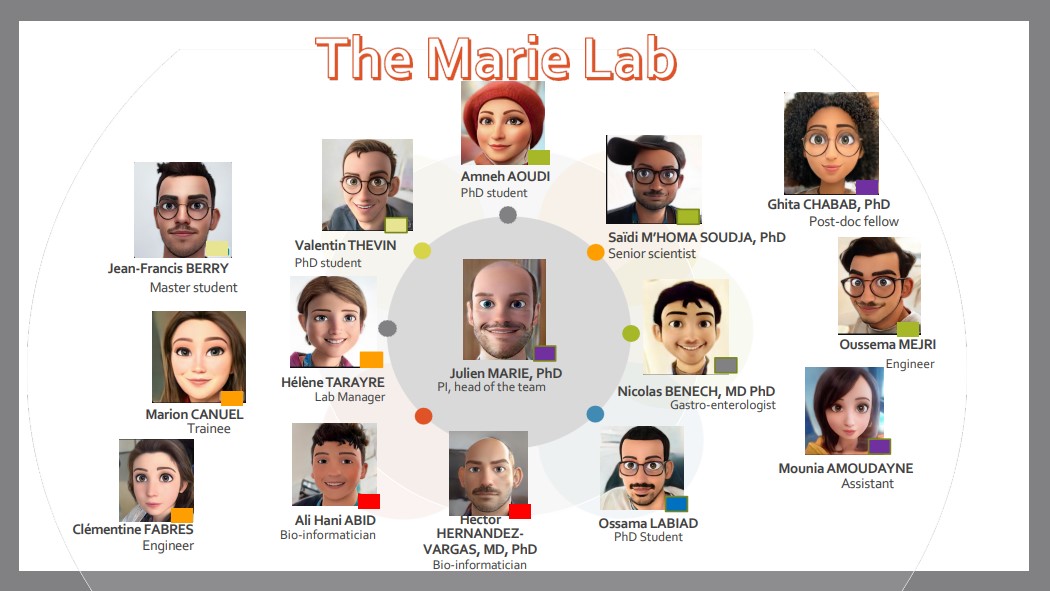TGF-beta and Immune Response

Objectives
The immune system has to be ignorant against the self-cells and our microbiota to avoid autoimmunity and chronic inflammation. However, our defense system should also be able to eliminate the self-cells that are noxious for the organism such as tumor cells. In the lab, we placed Transforming Growth Factor beta (TGF-β), a highly conserved cytokine present in all mammals, at the core of this host dilemma. TGF-β is the only cytokine whose the deprivation leads to massive and fatal autoimmunity. Interestingly, this cytokine is highly produced within the tumor micro-environment. Our previous works revealed that within the immune system, the target-cells of the regulatory effects of TGF-β are T lymphocytes (Immunity 2006) and that TGF-β signaling represses their activation against self-cells. We reported that TGF-β influences the thymus negative selection (Nature Com 2019) the differentiation of memory T cells (Nature Com 2014, Immunity 2012), NKT (J. Exp Med 2009, Blood 2012) and Treg stability and function (J.Exp Med 2005, Immunity 2015, Nature Immunol 2020). We also revealed that TGF-β prevents from autoantibody development by regulating T follicular heper cells differentiation (J. Clin Invest 2014). Within the tumor TGF-b is a key cytokine controlling the cytotoxic functions of CD8 T cells ( Immunity 2006, cancer research 2020) Our lab developed several innovative tools to study both cellular and molecular mechanisms responsible for the control of peripheral T cell tolerance to self-cells by TGF-β with direct consequences on autoimmunity, inflammation and tumor development.


-
Julien MARIE,
Team leader
julien.marie@inserm.frBâtiment Cheney B, 4th floor